I started 2025 by facing my ultimate fear—here’s why you should, too
“If we don’t face our fears and change that mindset, we’ll never know if it’s actually something we’ll enjoy.”
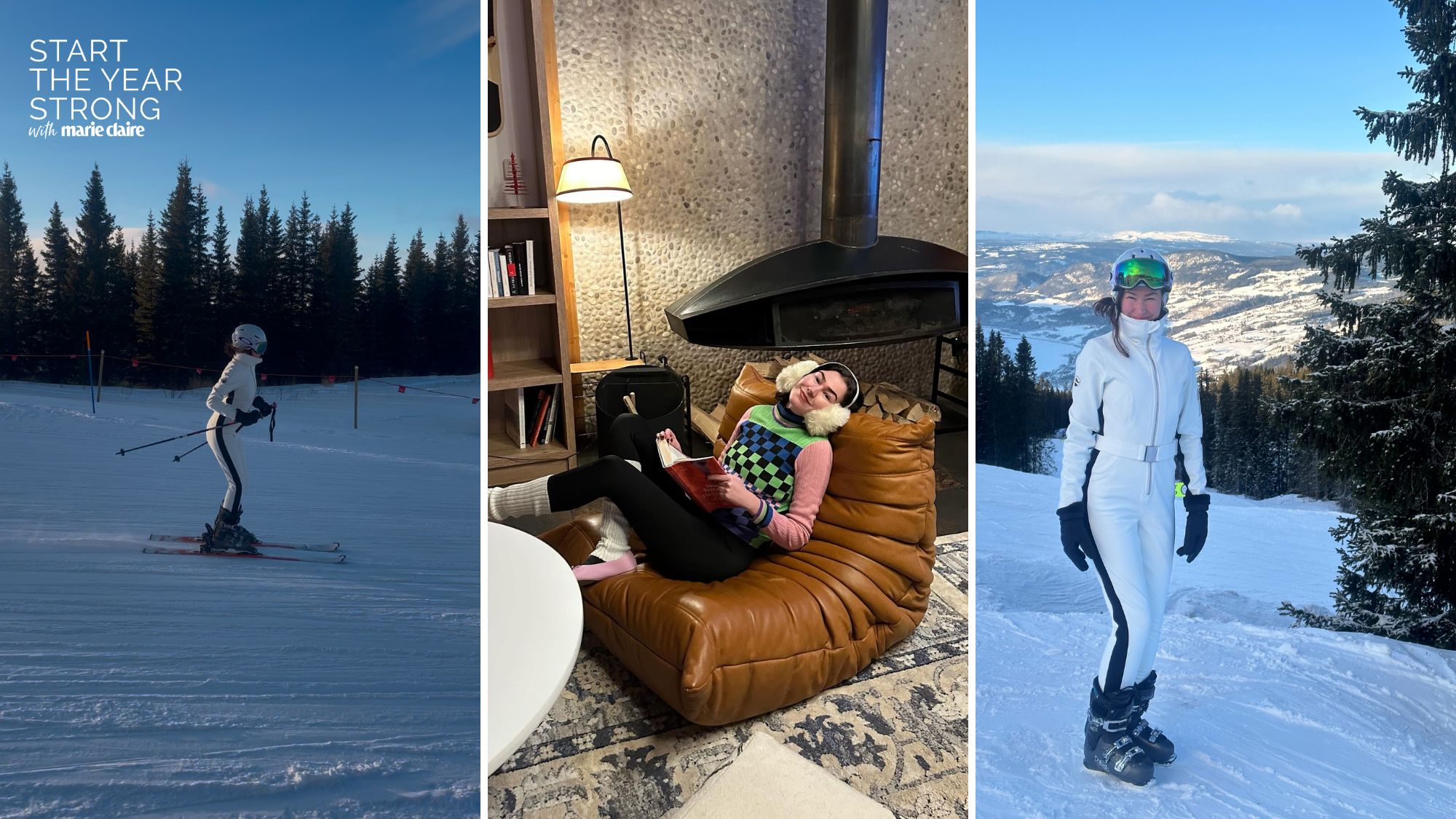

Despite being squirmish about change, I’ve always loved the new year. I don’t crave newness and I tend to stick at things (jobs, relationships, rentals) long past their sell-by date, but there’s something about the clinical cleanness of January 1st that thrills me. The new year gives us a chance (and a reason) to change things and, in the words of mine—and everyone else’s—favourite yoga teacher, Adriene Mishler, “Let go of that which no longer serves me.”
Over the years, I’ve dabbled with Dry January, journaling, and various self-improvement programmes, and while I’ve initially relished the challenge, I’ve invariably dropped this self-optimisation ruse. Diary entries have been skipped, workout plans forgotten, “Dry” January has turned into “Damp” January. What starts as an honest attempt to better myself turns into a whipping stick, leaving me feeling defeated before the year has even really started.
This year, I decided to take a different approach, a more “one-and-done” plan of attack. I decided I’d face one of my ultimate fears—skiing—on New Year’s Day and have done with it. I wouldn’t hold myself to 31 days of sobriety or pledge to be a better version of myself by February 1st, but I would brave something that had been haunting me for over a decade.
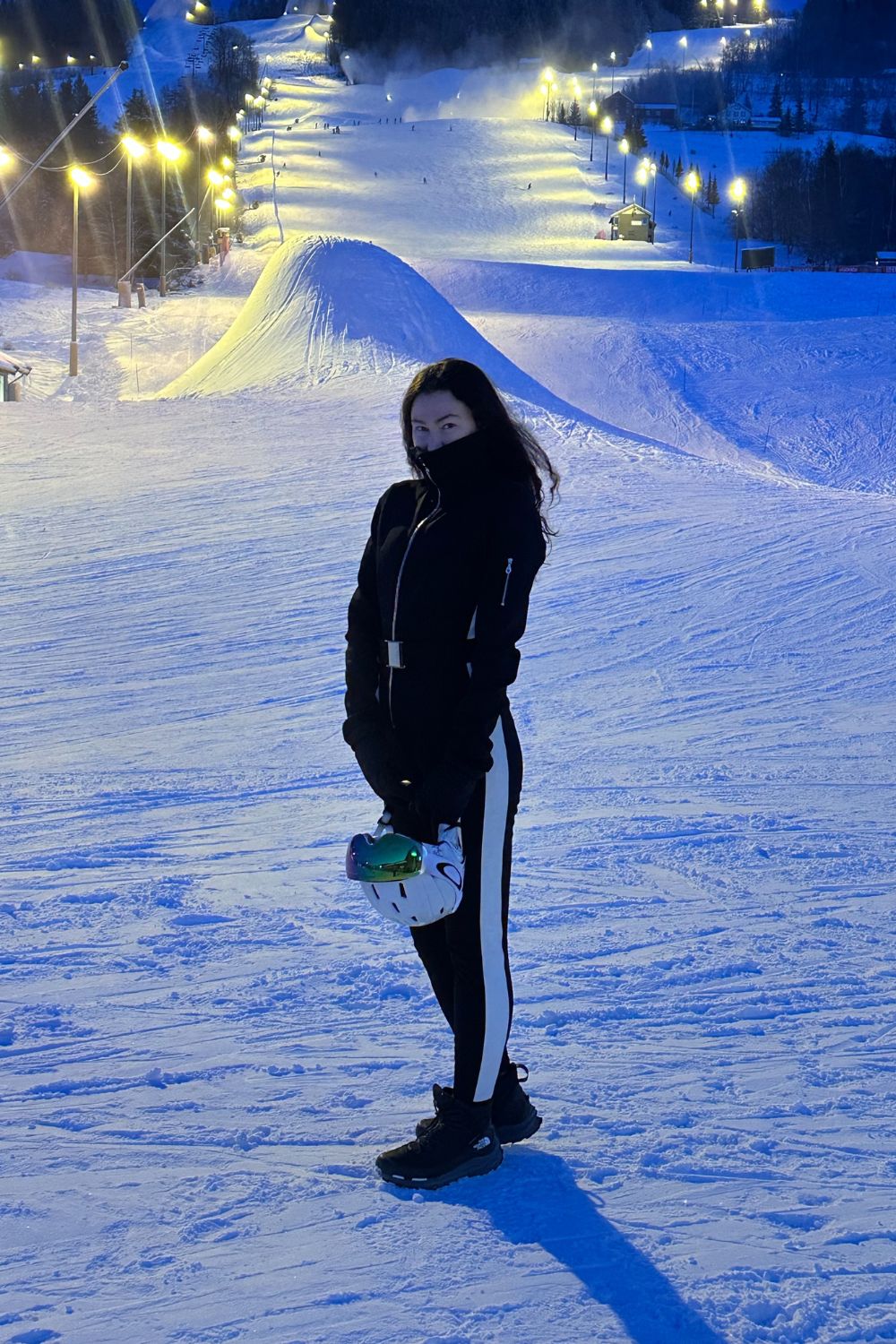
There are so many benefits of facing your fears — so this year, instead of New Year’s resolutions, I faced a decade-long fear
Deciding which fear I was going to face
I had my first brush with skiing 12 years ago—it ended with me launching a ski down the mountain and proceeding to trudge what felt like an hour back to the bottom all the while crying and hurling profanities at my then-boyfriend. I knew it was doomed to be a failure because by 22 I’d had enough experience with sports to know I was terrible at them. All of them. Or, more accurately, I had so few experiences with sports that it was safe to assume anything I tried would be challenging as I had no frame of reference. I can’t ride a bike (I never learned) or drive a car (I passed on the ahem *sixth* test and haven’t driven since), so I also have no sense of speed and zero navigation skills. I vowed never to ski again.
Fast-forward to 2017, and I am back on a mountain having found myself dating another winter sports enthusiast. This too ended with tears and profanities (muted at least this time) as my Austrian instructor navigated us down the mountain with me clamped to his skis holding on for dear life. This time, I promised, would be the last.
So how was it that I found myself actually wanting to go on a ski trip? Fashion, of course, at least that’s what I told myself and everyone who’d bore witness to my previous failures. It wasn’t entirely untrue, I’ve written before about my love of winter clothes and skiing or more accurately, après-ski—something I’m infinitely better at—is pegged to overtake the Gorpcore trend, according to forecasters at WGSN. “Skiing outfits” searches have also increased by 255% on Pinterest. But fashion wasn’t the true story, or at least not fully.

“90% of skiing is in the aesthetic”
No, what truly drove me back to the slopes was that niggling sense of defeat, not necessarily that the sport had gotten the best of me, but that I’d never given it my best shot. I’d gone into skiing with entirely the wrong attitude, initially to appease a boyfriend and then to try to get in with a different boyfriend’s family. I’d never tried skiing for me and if I’m honest, I’d never really tried anything active for me. I was either trying to keep up with friends, impress someone, or—most commonly—achieve a certain body ideal, which made every attempt to get active feel pretty gruelling.
Marie Claire Newsletter
Celebrity news, beauty, fashion advice, and fascinating features, delivered straight to your inbox!
And I’m not alone; according to UK Active’s report in 2022, a significant portion of women in the UK (around 49%) said they engage in exercise with the goal of weight management or weight loss. And while the thought of improving my fitness after an indulgent December was a definite bonus, overcoming my fear was the primary driver for once.
“If we don’t face our fears and change that mindset, we’ll never know if actually it’s something we will enjoy,” says Meggan Grubb, a fitness expert and the Founder of Beyond, an inclusive, uplifting space designed to improve physical and mental wellbeing. Today, Meggan uses her platforms and sizeable following (1.4 million Instagram followers and counting) to inspire her audiences “to live a balanced, active lifestyle”, but she admits quitting the gym twice before becoming a trainer and, like me, fear held her back. “I was so scared to lift weights,” she tells me, “now that’s one of my favourite things to do! If I hadn’t persisted then I might have never had the relationship and fulfilment I get now.”
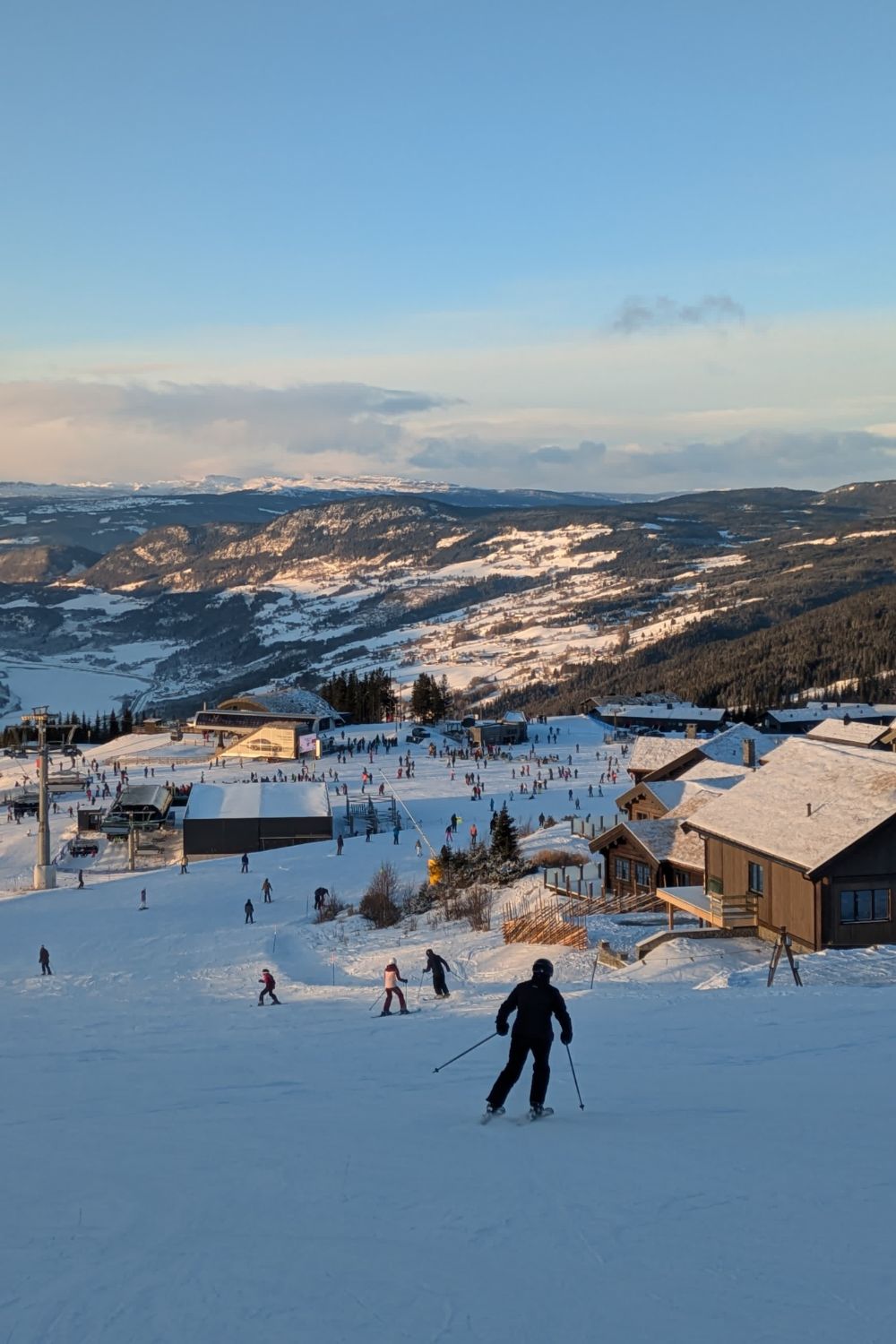
Skiers at the Hafjell resort in Norway
Where to start with conquering your own fears?
Grubb recommends setting realistic goals, and, crucially: “Don’t beat yourself up if you miss a day and do exercise you enjoy”. For me, skiing—though daunting—was something I knew would be over in a couple of days and so I tricked myself into seeing it as something I was trying out for a few hours rather than a long commitment. The sheer cost of this challenge was an incentive, too, and this time I only had myself to blame. Yes, that meant when I was standing at the precipice of an actual cliff edge I’d kick myself for putting myself through this, but it also served as a reminder that I was doing this for myself and, to quote a popular TikTok, “so my future children can grow up in a ski family.”
Eshita Kabra-Davies has adopted a similar approach, telling herself things like “I’m a fighter” and “I’m doing this for myself” when overcoming the inevitable (and very literal) falls along the way. As the founder of fashion rental service ByRotation, Kabra-Davies knows a thing or two about smashing goals (she says the idea for ByRotation came to her en route to her second-ever ski trip), but she’s taken a more playful attitude towards skiing: “I find it helpful to approach skiing as a fun new adventurous activity to pick up like we used to when we were children”.
Personally, I likened facing down my fears on January 1st to the “Eat That Frog” metaphor in bestselling author Brian Tracy’s productivity book of the same name. The basic idea is that if you get the hardest task of the day over with first “you’ll have the satisfaction of knowing that it’s probably the worst thing you’ll do all day.” The book goes as far as to say that the task you put off the most is also the most likely to “have the greatest positive impact on your life”.
This tracks with what Sana Khwaja, therapist from BetterHelp says: “When you face and manage your fears, it builds confidence and a sense of control, which can improve overall emotional well-being.” Khwaja says this process often leads to a more balanced and fulfilling life. Sharnade George, who holds a postgraduate degree in Psychotherapy and Psychology backs this up, adding that overcoming fear can not only help unlock our full potential, it can boost creativity, too. “We are our most creative when we let go of fear, as it allows us the mental space to embrace uncertainty and align with our authentic self.”
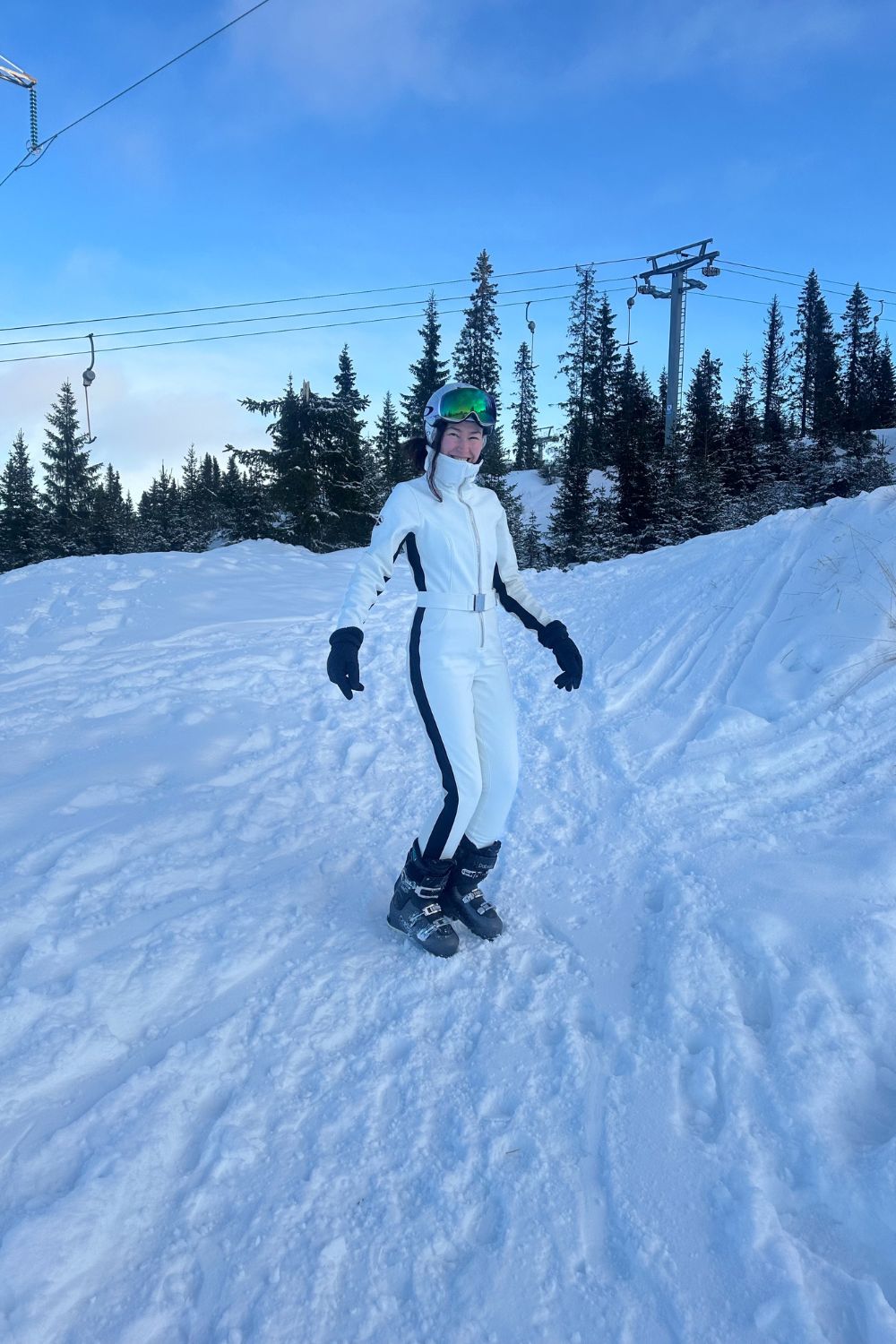
Mischa on the slopes
How I got on:
I see what George means. As a chronic overthinker who has in the past enjoyed—and written about—how the occasional hangover awards me a welcome reprieve from my circling thoughts, I gradually came to cherish the unexpected quiet skiing offers. Not to sound too dramatic, but when you’re using all your energy trying to stay alive (or at least upright), it’s hard to think about much else.
If, as George says, “Fear can act as a psychological barrier”, then breaking through that barrier can feel like soaring through the sky, or more literally: like carving your own path through a canvas of snow.
Learning to ski has been one of the most humbling experiences of my life, but it’s also taught me more than any other activity. It’s forced me to have self-compassion as well as resilience. Doing it on my own terms, and with the saintly patience of my boyfriend, has encouraged me to not give up as to do so would only be giving up on myself rather than giving up someone else’s idea of me (as in previous attempts). As George says, “Self-compassion allows you to counteract self-criticism and approach situations with kindness and understanding rather than judgment.”
Despite spending a small fortune on skiing, I didn’t really see it as a holiday, an adventure, sure, but a holiday was something I associated with rest and relaxation—skiing felt like the antithesis of that. Yet what I found, once I’d gotten down a few blue slopes, was that as I sliced through the snow with what I imagined to be the grace and elegance of Torvill and Dean but was more akin to Bambi on ice, was that I didn’t have much space for anything beyond the next turn. That brief break from self-doubt and obsessive overthinking might’ve been the best holiday of all.
Shop MC UK approved ski kit now:
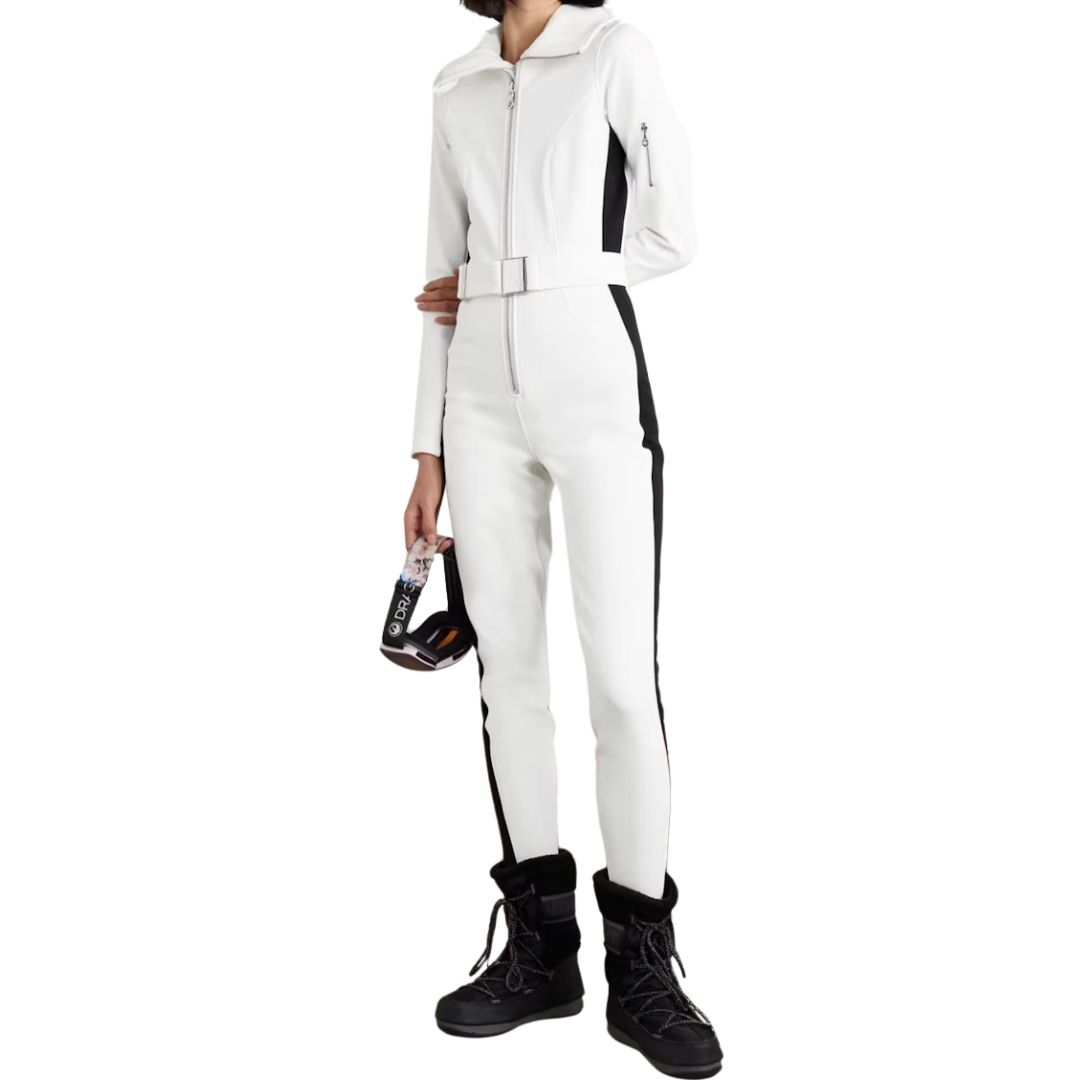
This weatherproof ski suit is Cordova’s signature style and pleasingly retro (my go-to alpine aesthetic). I rented it in the black and white colourways and wore it between my base layers and salopettes and ski jacket when the Norwegian climate dropped to -18 (minus eighteen).
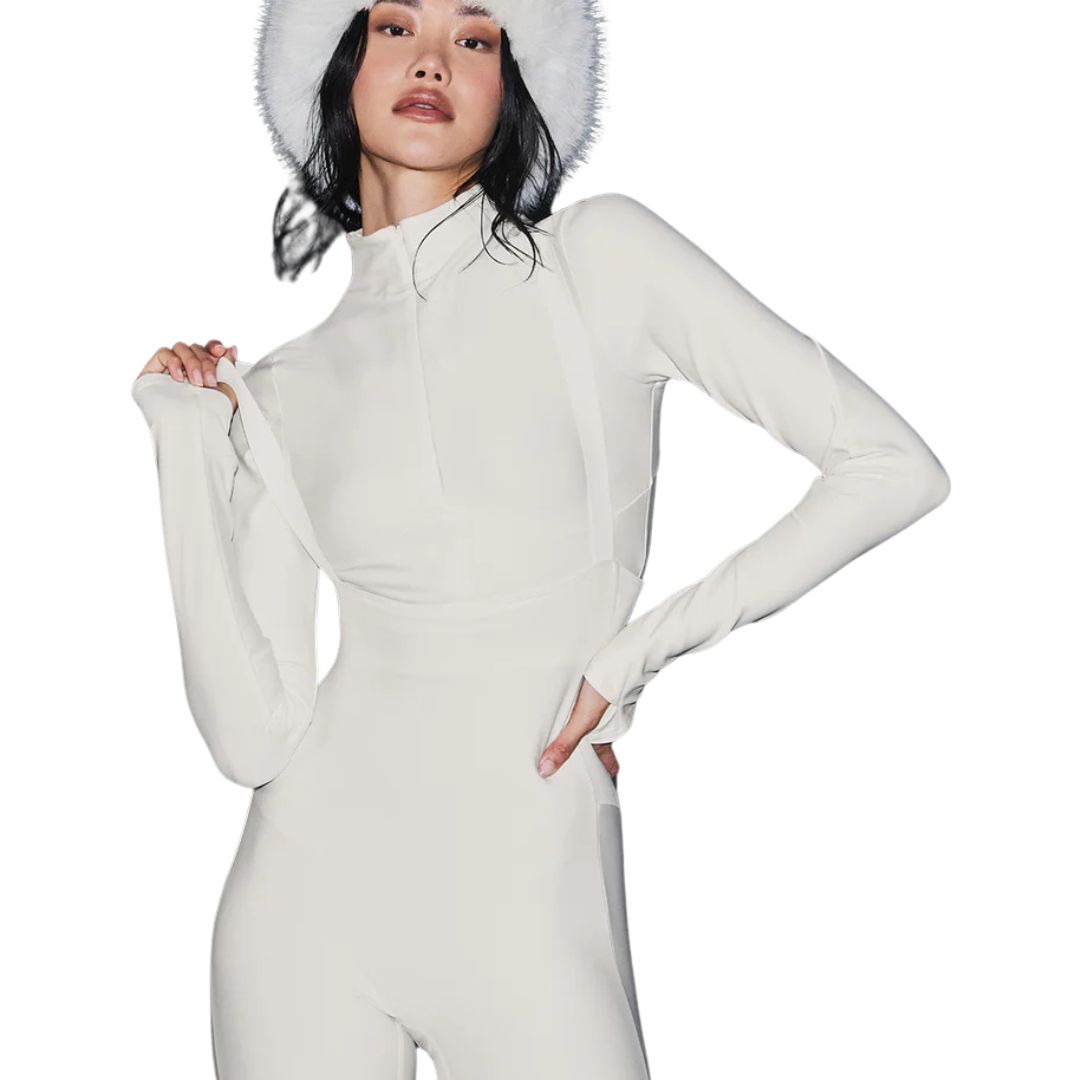
I’ll be honest, this was my vision when I was planning my ski trip, but Norway’s biting cold had other ideas for me. So, what I’d imagined would be part of a cute après-ski outfit became the first thing I put on every morning before layering up. Alo’s snug base layers are crafted from their signature ‘Airlift’ fabric with a fuzzy fleece lining that sits smoothly under your layers.

Admittedly, when I was packing this fitness tracker, which I’d been sent by the brand to try out, I worried I was teetering into ‘All the gear, no idea’ territory, but there’s something about being properly kitted out that does genuinely boost your confidence. As the German trio I later met put it: “Look pro, go slow”. Seeing my improvements in real-time gave me a much-needed boost when I was doubting myself and now that I have all my stats on record, on days when I’m putting off doing a 15-minute yoga workout, I check back and suddenly the motivation snaps me into action.

Mischa Anouk Smith is the News and Features Editor of Marie Claire UK.
From personal essays to purpose-driven stories, reported studies, and interviews with celebrities like Rosie Huntington-Whiteley and designers including Dries Van Noten, Mischa has been featured in publications such as Refinery29, Stylist and Dazed. Her work explores what it means to be a woman today and sits at the intersection of culture and style. In the spirit of eclecticism, she has also written about NFTs, mental health and the rise of AI bands.
-
 As a perfume-obsessed beauty editor, I can’t believe it’s taken me 25 years to try this classic Y2K scent
As a perfume-obsessed beauty editor, I can’t believe it’s taken me 25 years to try this classic Y2K scentIt was worth the wait
By Mica Ricketts
-
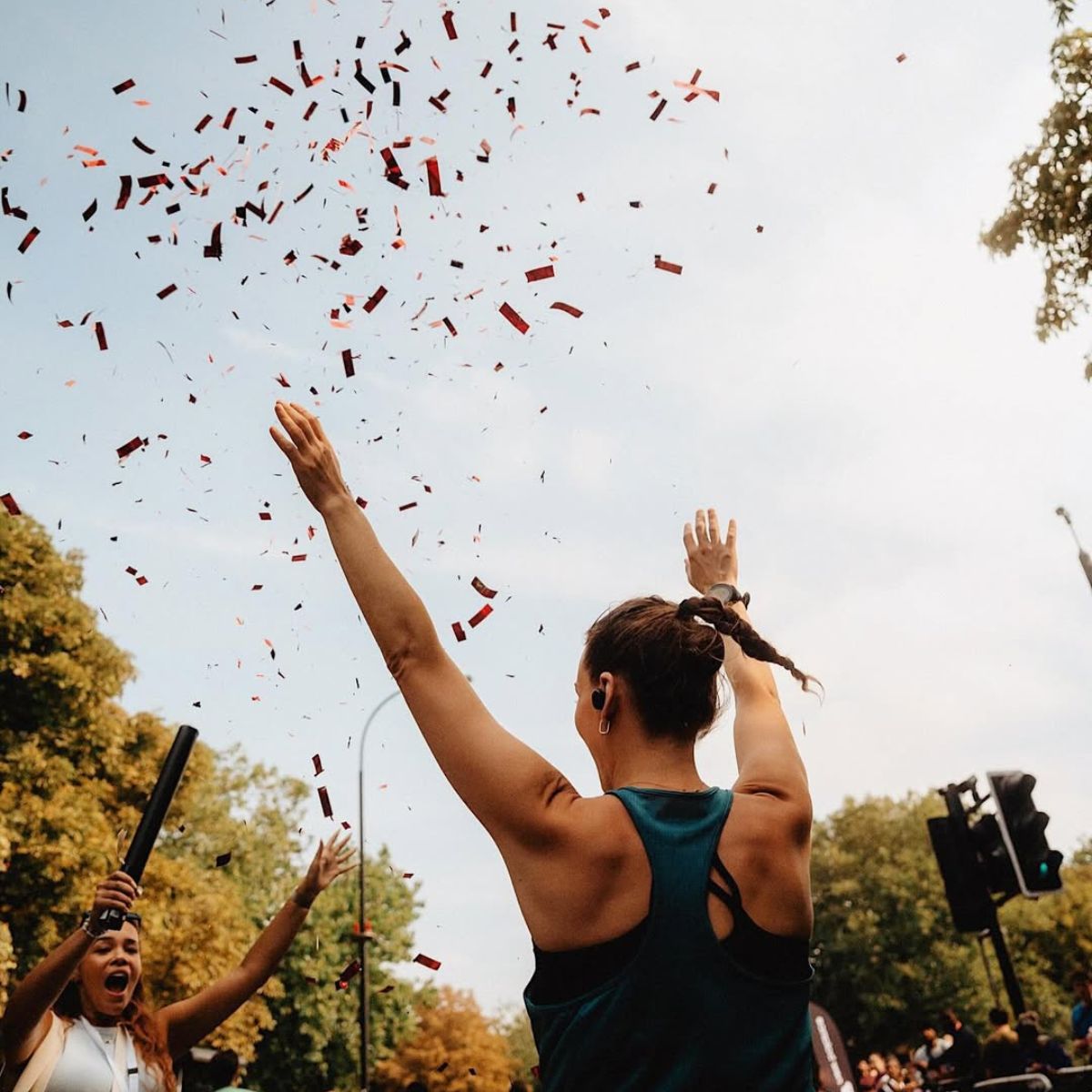 I'm a 9x marathoner who likes looking and feeling their best. Enter: the functional but fashionable race day outfits I swear by
I'm a 9x marathoner who likes looking and feeling their best. Enter: the functional but fashionable race day outfits I swear byThese outfit formulas almost guarantee you a PB.
By Ally Head
-
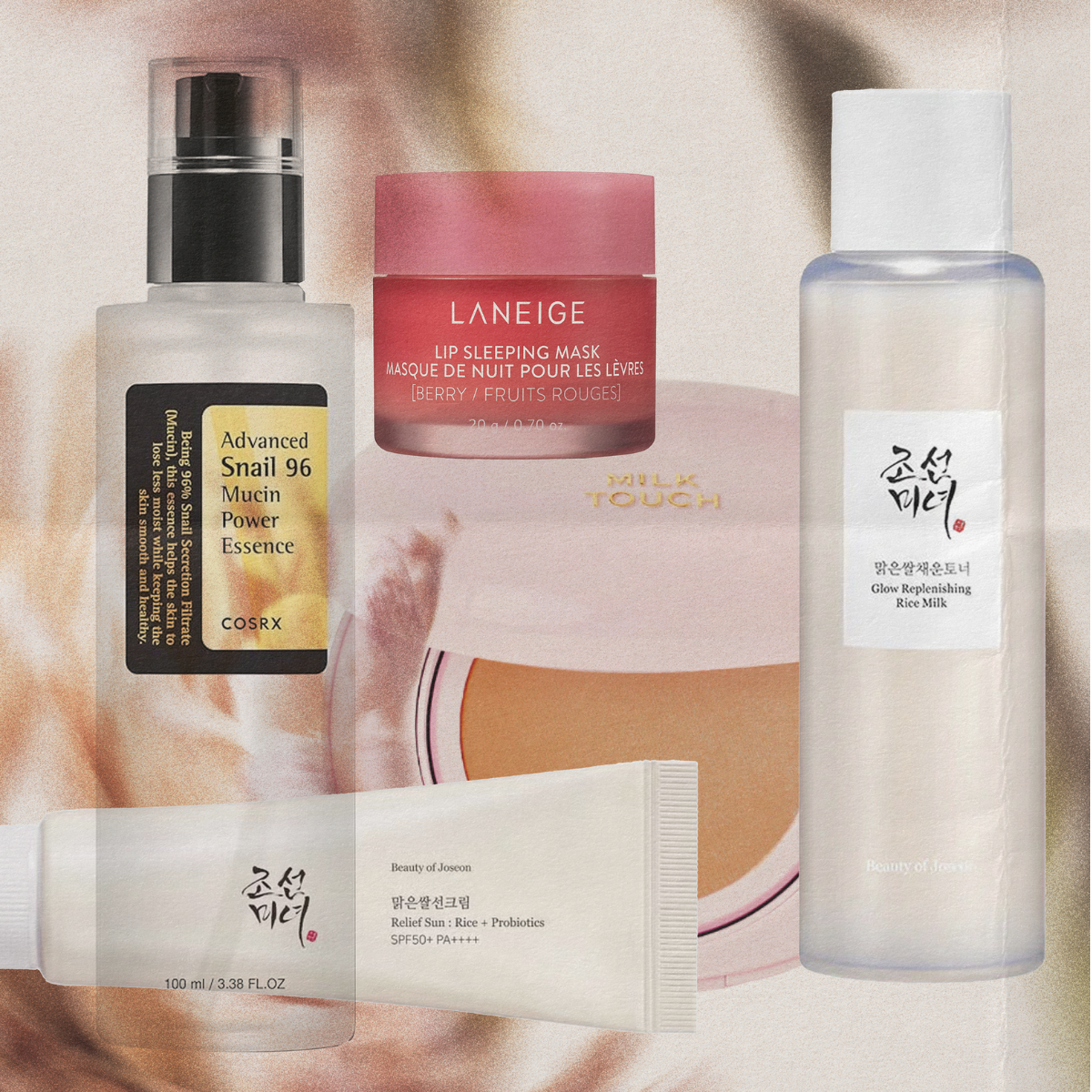 We're not for panic buying, but here's how Trump's tariffs might affect your K-beauty spending habits
We're not for panic buying, but here's how Trump's tariffs might affect your K-beauty spending habitsThey could impact the industry globally
By Nessa Humayun
-
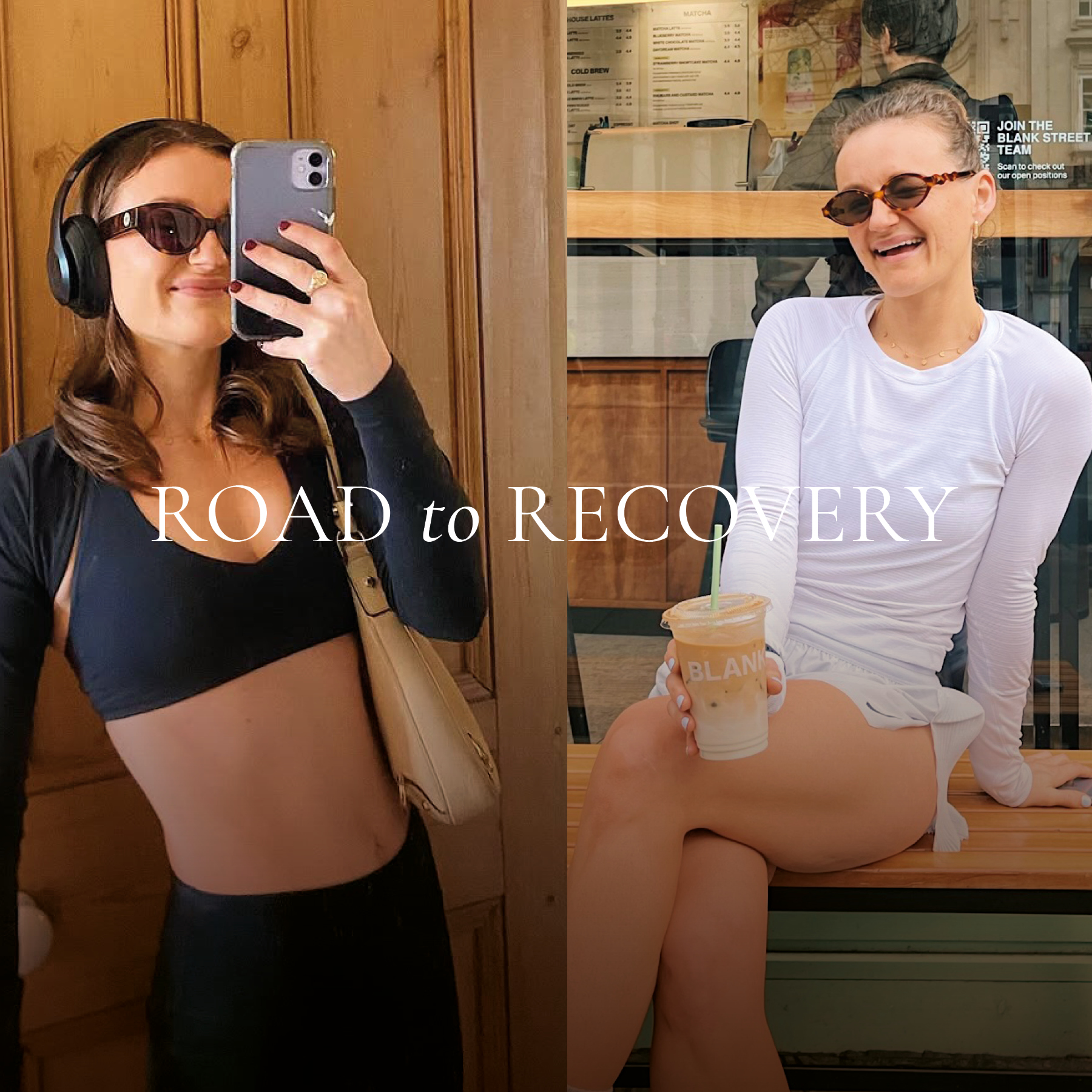 Road To Recovery: I'm a Health Editor and marathon runner who’s long struggled to make recovery a habit - enter, my lazy girl's guide to R&R
Road To Recovery: I'm a Health Editor and marathon runner who’s long struggled to make recovery a habit - enter, my lazy girl's guide to R&RRecovery is all too easy to skip when you’re busy, but it’s as essential as working out to boost wellbeing - which is where these handy tips come in.
By Ally Head
-
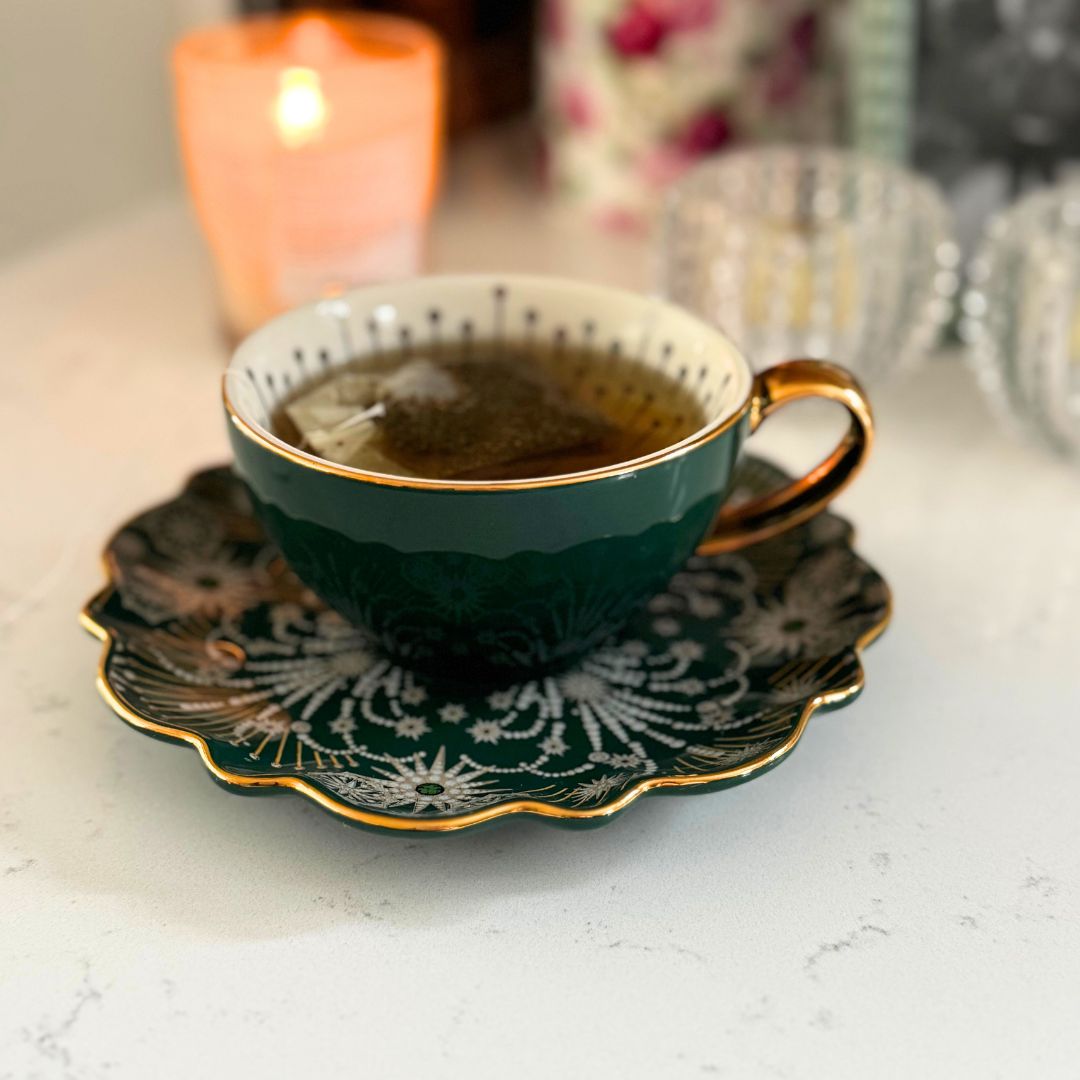 I tried TikTok's lemon balm tea for a week to see if it can really help to reset your nervous system - my honest review
I tried TikTok's lemon balm tea for a week to see if it can really help to reset your nervous system - my honest reviewSit back and pour yourself a cup of calm.
By Anna Bartter
-
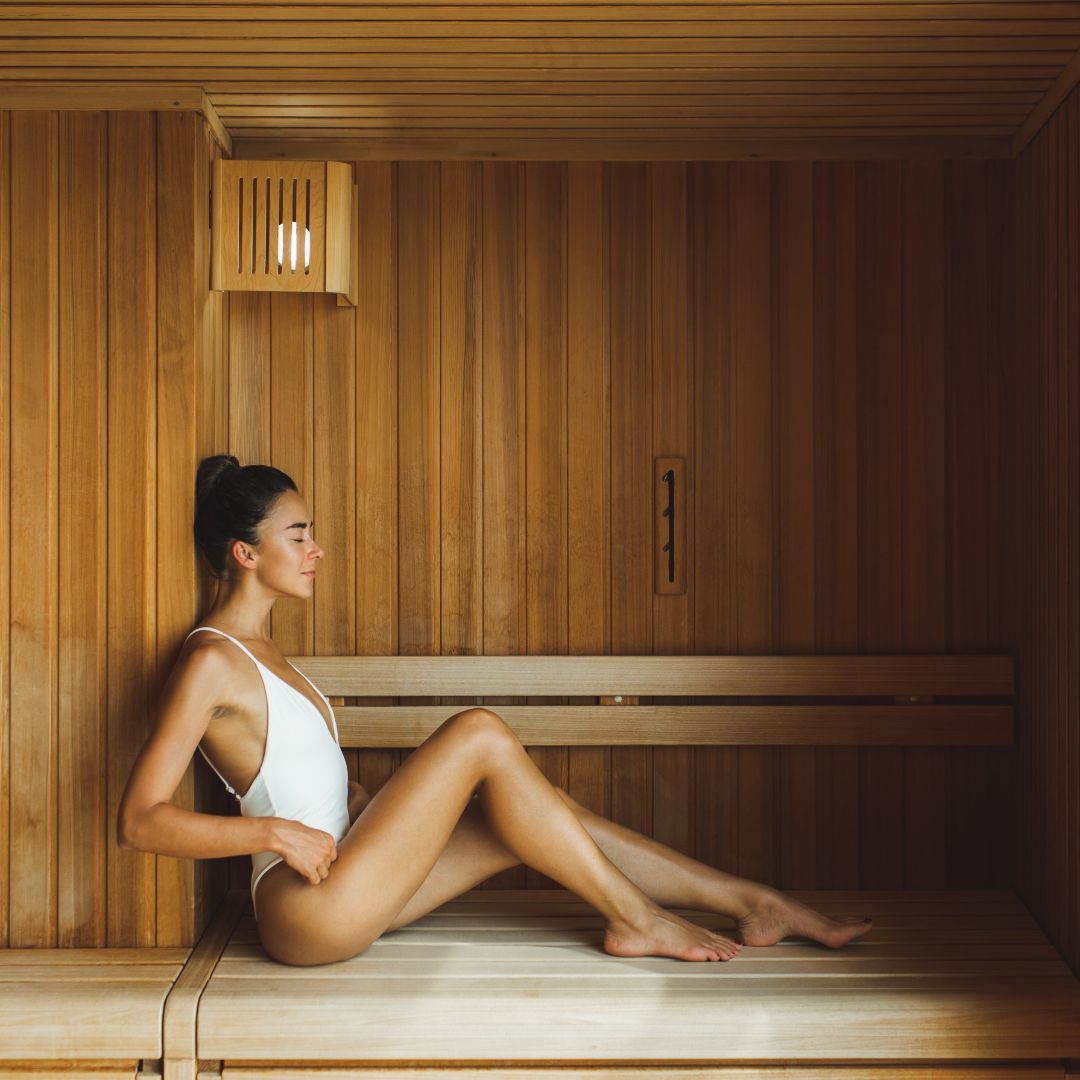 The entire UK seems to be obsessed with saunas RN - 9 benefits to know about, if you're considering giving them a go
The entire UK seems to be obsessed with saunas RN - 9 benefits to know about, if you're considering giving them a goEnter your Scandi girl era.
By Anna Bartter
-
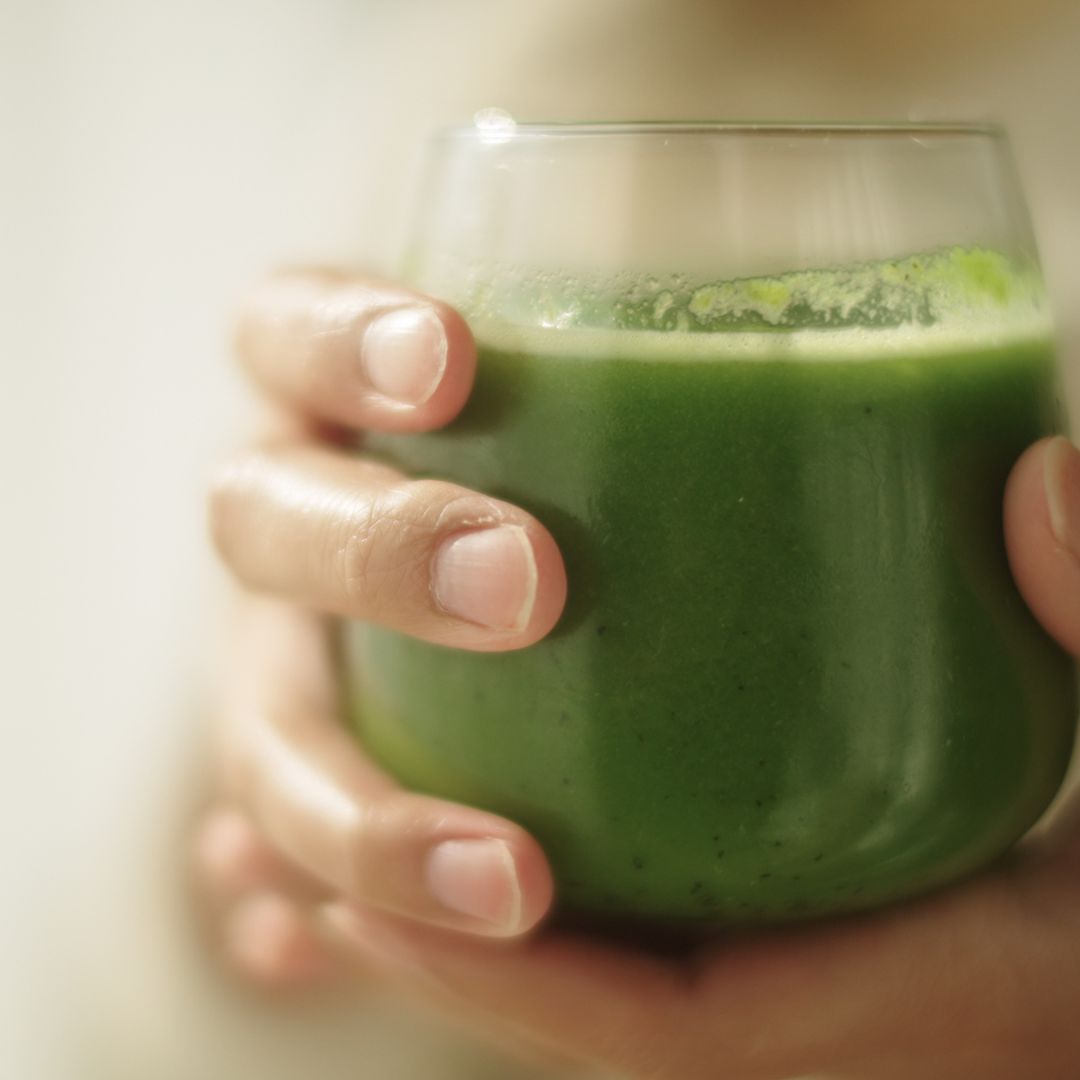 10 common nutrition myths a registered dietician swears they'd never follow - and wants you to avoid, too
10 common nutrition myths a registered dietician swears they'd never follow - and wants you to avoid, tooYou might find these surprising...
By Katie Sims
-
 Wellness Escapes: I went to Bali in search of winter sun, I came home with a new lease of life
Wellness Escapes: I went to Bali in search of winter sun, I came home with a new lease of lifeThis White Lotus-style sanctuary taught me how to relax
By Mischa Anouk Smith
-
 As Mel Robbins' Let Them theory gains global traction - how the simple tool promises to transform your life
As Mel Robbins' Let Them theory gains global traction - how the simple tool promises to transform your lifeNot to mention, help you take back control.
By Katie Sims
-
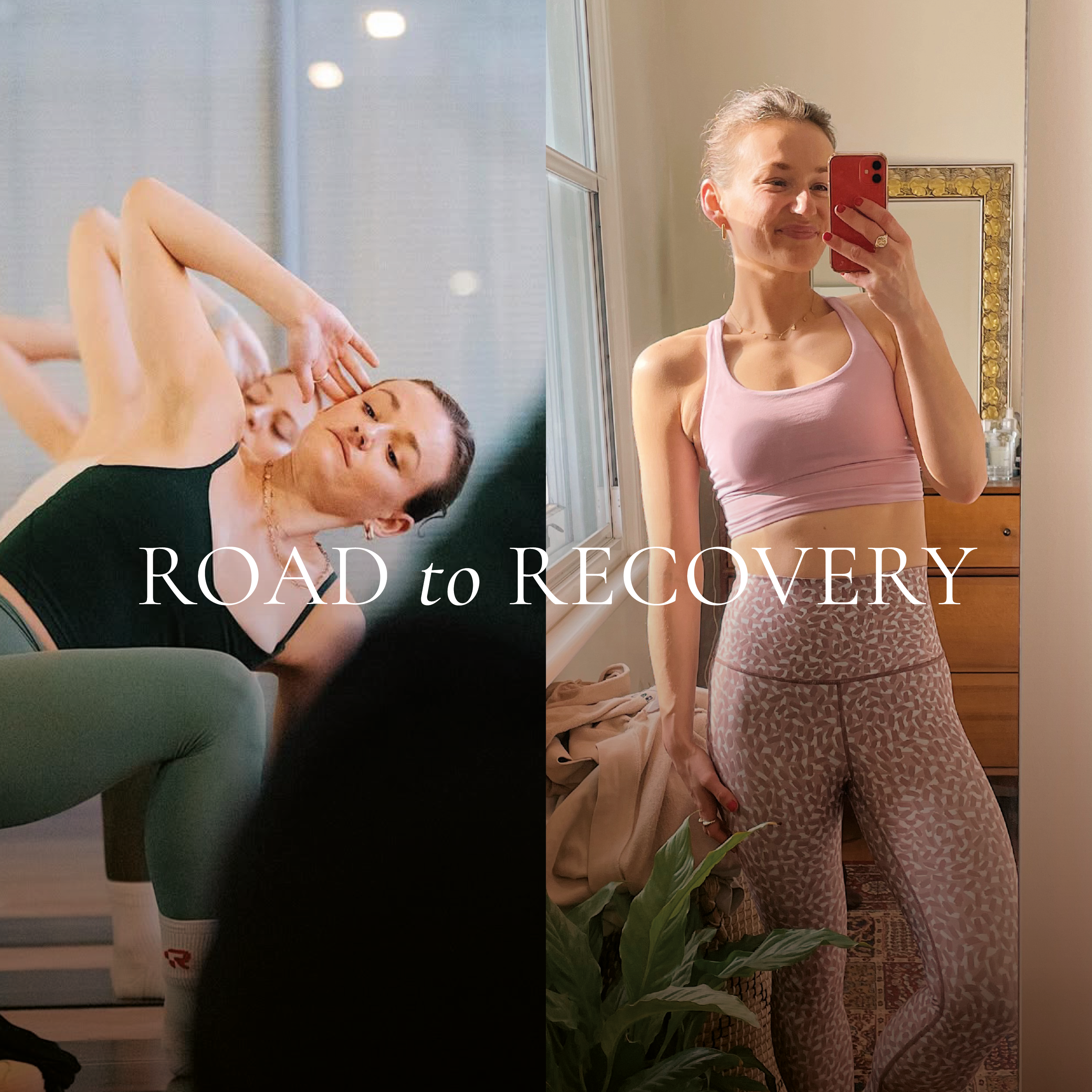 Road To Recovery: I'm a runner who currently can't run - how low impact exercise is helping me feel fitter than ever
Road To Recovery: I'm a runner who currently can't run - how low impact exercise is helping me feel fitter than everPlus, boosting my mental health tenfold, too.
By Ally Head
-
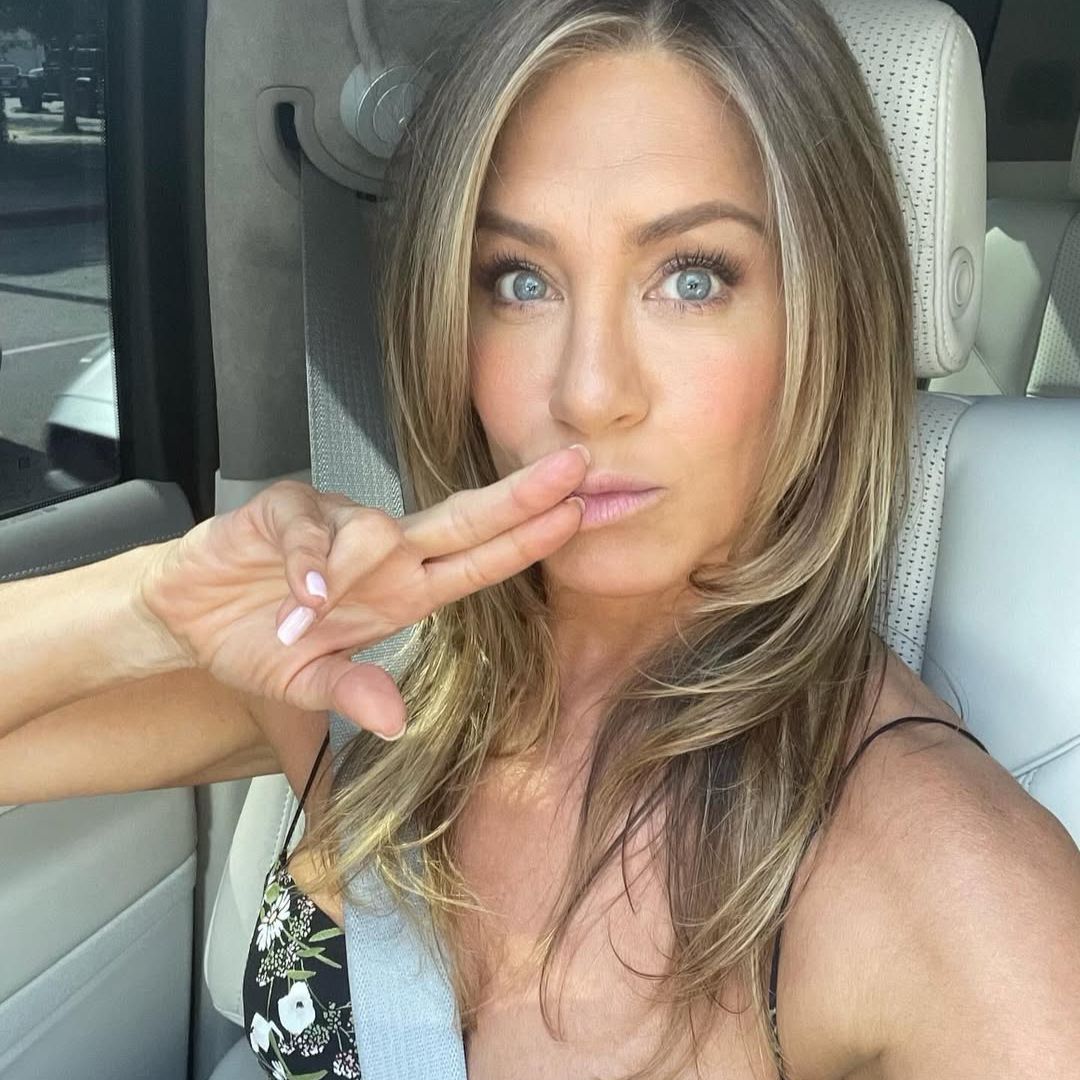 I tried Jennifer Aniston's 80/20 approach to wellness - and can't tell you how refreshing I've found it
I tried Jennifer Aniston's 80/20 approach to wellness - and can't tell you how refreshing I've found itIt's all about balance.
By Katie Sims